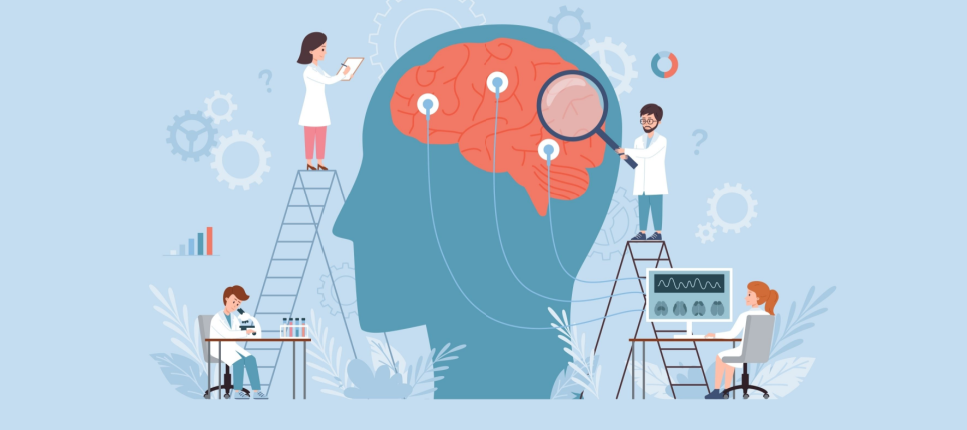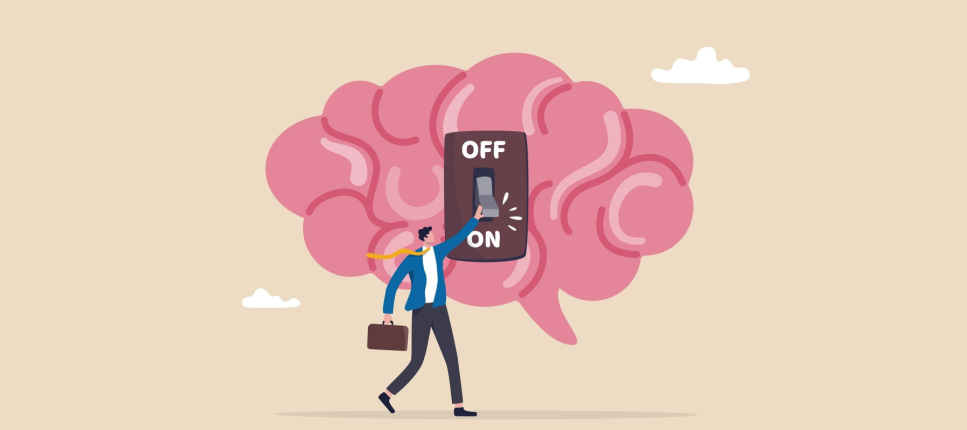In a world where the boundaries of knowledge are constantly expanding, staying ahead of the curve is not just an option, it’s a necessity.
Delve into the fascinating intersection of educational technologies, workplace transformation, upskilling, reskilling, neuroscience, artificial intelligence, virtual reality, and the vast universe of learning.
How to Make Math Accessible Online
Have you ever struggled to display algebra or complex math online? Do you want to design your online STEM course to make it more accessible to people who are blind? Are you curious how to get popular screen readers like NVDA or JAWS to read equations properly? If so, then this post may be for you.
Using Neuroscience to Advance Education
Since the impressive technological advances in brain imaging in the 1990s, neuroscience has enabled cognitive science to take a giant step forward. By observing the mechanisms of the brain in action, we can now confirm or refute certain hypotheses on which our understanding of learning and teaching has been built. Neuroscience has the power to bring us considerable progress in education without rejecting our entire pedagogical heritage or repressing the contribution of teachers in this great march forward—on the contrary.
[INFOGRAPHIC] 10 Tips on Creating Memorable Online Courses
Designing online courses that successfully engage and educate learners requires a deep understanding of how the brain processes information. By incorporating insights from neuroscience, we can create courses that significantly improve retention, understanding, and application of knowledge. Below, we offer a short list of tips based on neuroscience principles to help you develop memorable online courses.
How to stimulate engagement in elearning
Whatever the learning mode, stimulating and sustaining engagement is essential, but in elearning, this factor needs special attention since learners who find themselves alone in front of their screen are more at risk of feeling left to their own devices and becoming demotivated. Drawing on neuroscientific knowledge, here are a few principles and strategies to help learners stay fully engaged from start to finish.
Autonomy in Learning: Test Your Knowledge!
There is growing interest in the importance of autonomy in learning, including among adults. This topic seems more relevant than ever, given the growing importance of online training, which can require learners to be more autonomous than face-to-face approaches. Do you know what self-training is? Can you distinguish between concepts such as metacognition, self-regulated learning and self-efficacy?
The Crucial Role of Emotions and “Skilled” Intuitions in Learning
Recent discoveries in neuroscience are prompting us to rethink some of our previous ideas about learning. Such is the case with the role of emotions in cognition and learning and their interrelationship with rational thought. Not only can emotions help or hinder learning, but they are also crucial to the development of "skilled" or "academic" intuitions.
[INTERVIEW] Foundations of Race, Racism, and Anti-Racism – Online Course
In a world where inequality echoes and continues reverberating, education remains a powerful tool for enlightenment and change. We are proud to introduce a transformative online course we helped design to challenge perspectives, dismantle prejudices, and promote a deeper understanding of racism and anti-racism. Join us as we delve into a vital conversation with Dr. Delia D. Douglas, the Director of the Office of Anti-Racism at the Rady Faculty of Health Sciences at the University of Manitoba, and the leading subject matter expert of the course.
4 Steps in Making In-House Training Unforgettable
In professional development, in-house training is a critical component for enhancing employee skills and promoting consistency in knowledge and skills across an organization. However, the challenge lies in designing these training sessions to be both memorable and effective. Drawing parallels from the classic narrative structure known as the "hero's journey," we can infuse our training programs with elements that educate, engage, and inspire.
Metacognition: Test Your Knowledge!
Do you have any idea what metacognition is? Can you describe what it makes possible? How it develops, and who can develop it? Do you know its importance in learning? Test your knowledge by answering the following five questions.
4 Benefits of AI for Learners… and Teachers
Artificial intelligence (AI) is increasingly being integrated into digital learning. Some people are wary of this combination for fear, among other things, of seeing teachers dispossessed of their mission. However, AI can enable teachers to focus on the most complex and rewarding aspects of their work while improving learning effectiveness. This is because AI makes it possible to integrate the principles necessary for optimal learning, which neuroscience has confirmed in recent years. Here are four of AI's strengths that are a win-win situation for learners and teachers alike!










